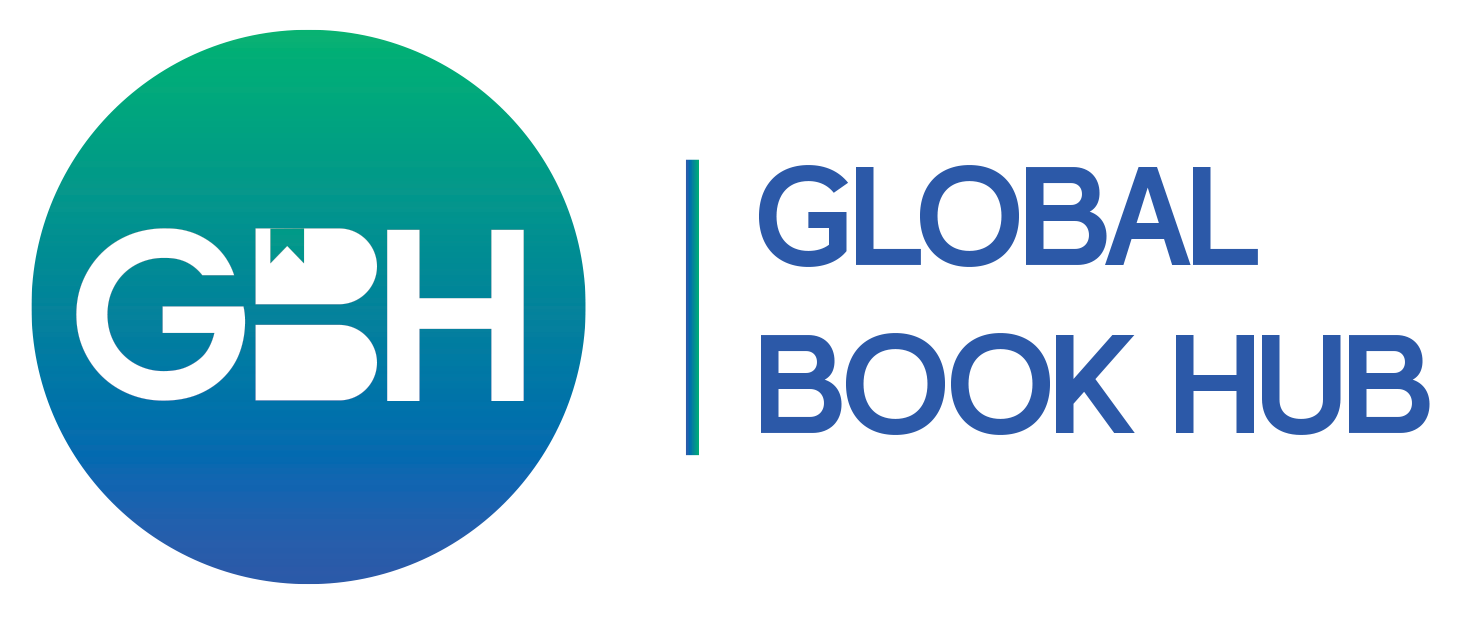In today’s rapidly evolving educational landscape, academic libraries face increasing pressure to maintain comprehensive, diverse, and up-to-date collections. Efficient book procurement has become the cornerstone of library management, ensuring students and faculty have access to essential resources for learning, teaching, and research.
Efficient procurement isn’t just about ordering books—it’s about strategic selection, streamlined processes, and robust supplier relationships. Academic libraries must balance budget constraints with the need to provide relevant, high-quality materials across disciplines. By working with experienced procurement services, libraries can benefit from bulk discounts, consolidated deliveries, and simplified invoicing—ultimately reducing administrative overhead and saving costs.
A well-structured procurement system also facilitates timely acquisition. Delays in obtaining essential titles can hinder academic progress and impact faculty and student satisfaction. Modern procurement solutions leverage technology, offering online catalogs, integrated ordering systems, and real-time tracking of shipments. These features not only speed up the procurement process but also allow libraries to make informed purchasing decisions based on usage data and trends.
Another key aspect is diversity. Efficient procurement strategies enable libraries to source books from multiple publishers, including smaller and international presses. This ensures a rich and inclusive collection that reflects global perspectives and supports various learning needs.
In summary, efficient book procurement empowers academic libraries to stay agile, cost-effective, and responsive to the evolving demands of education. It’s not just a logistical necessity—it’s a strategic asset that supports academic excellence.

